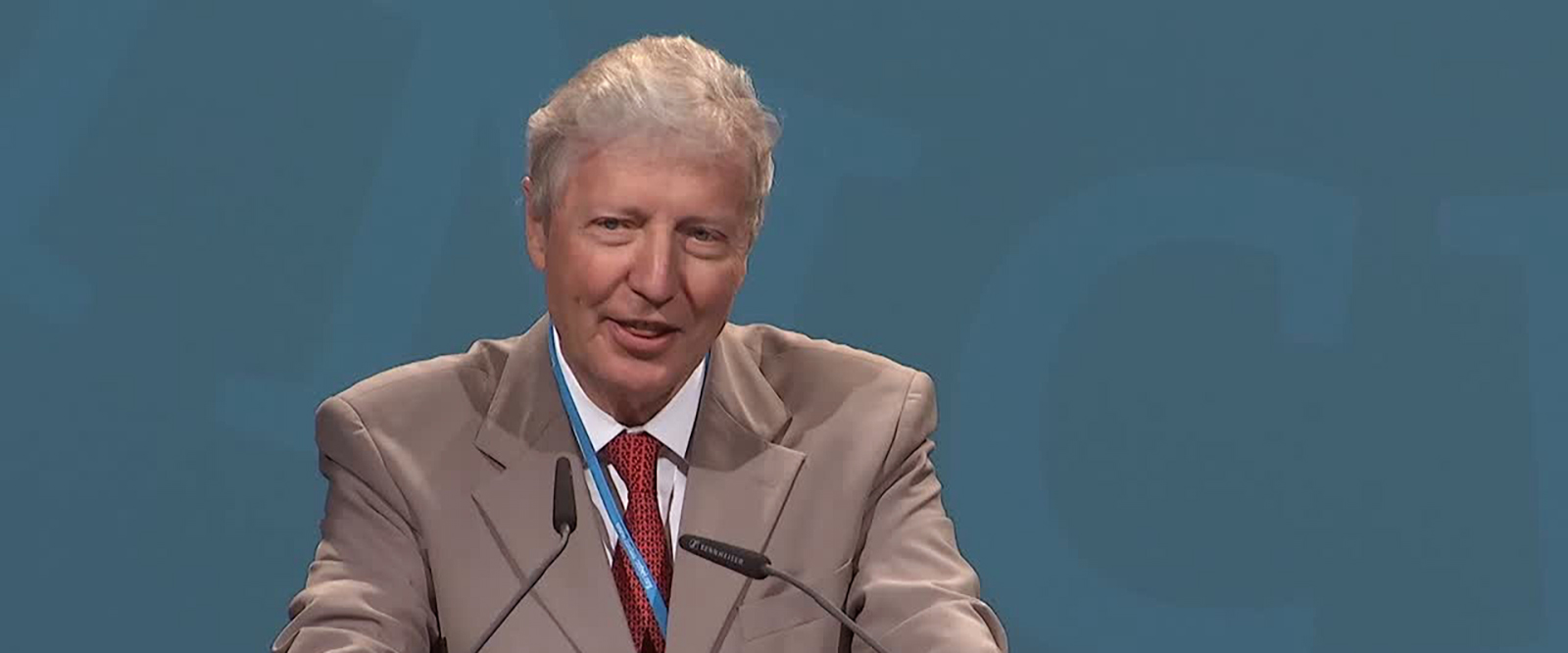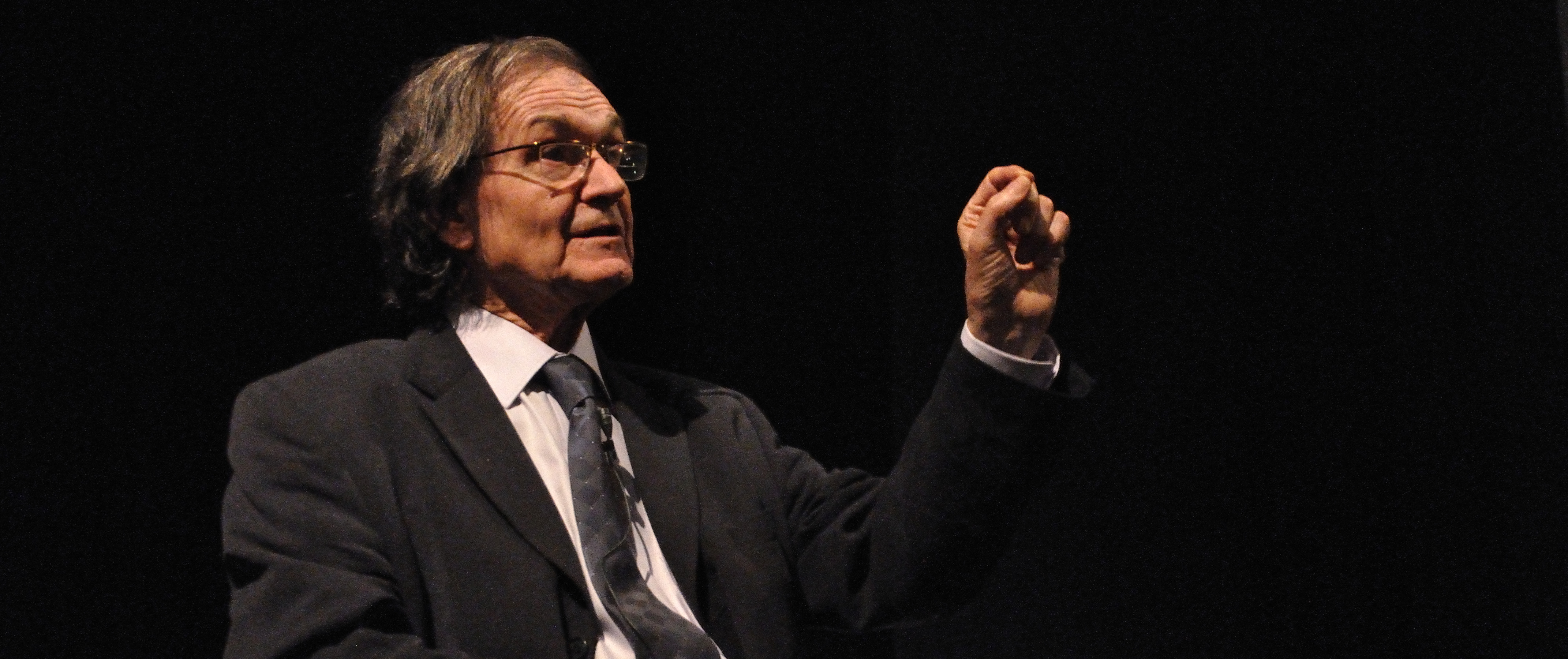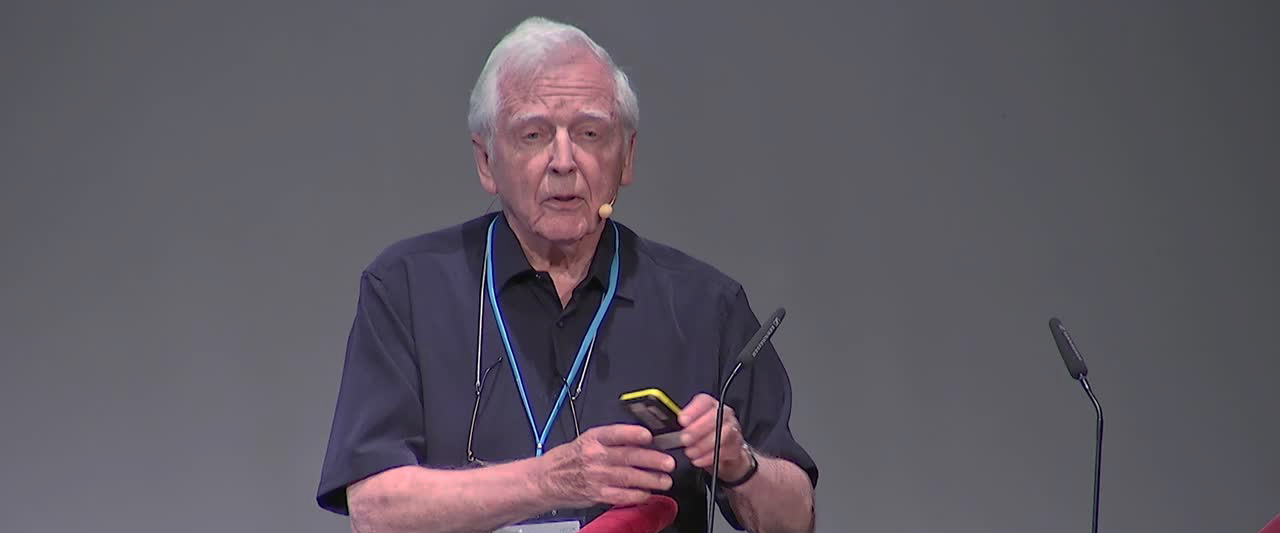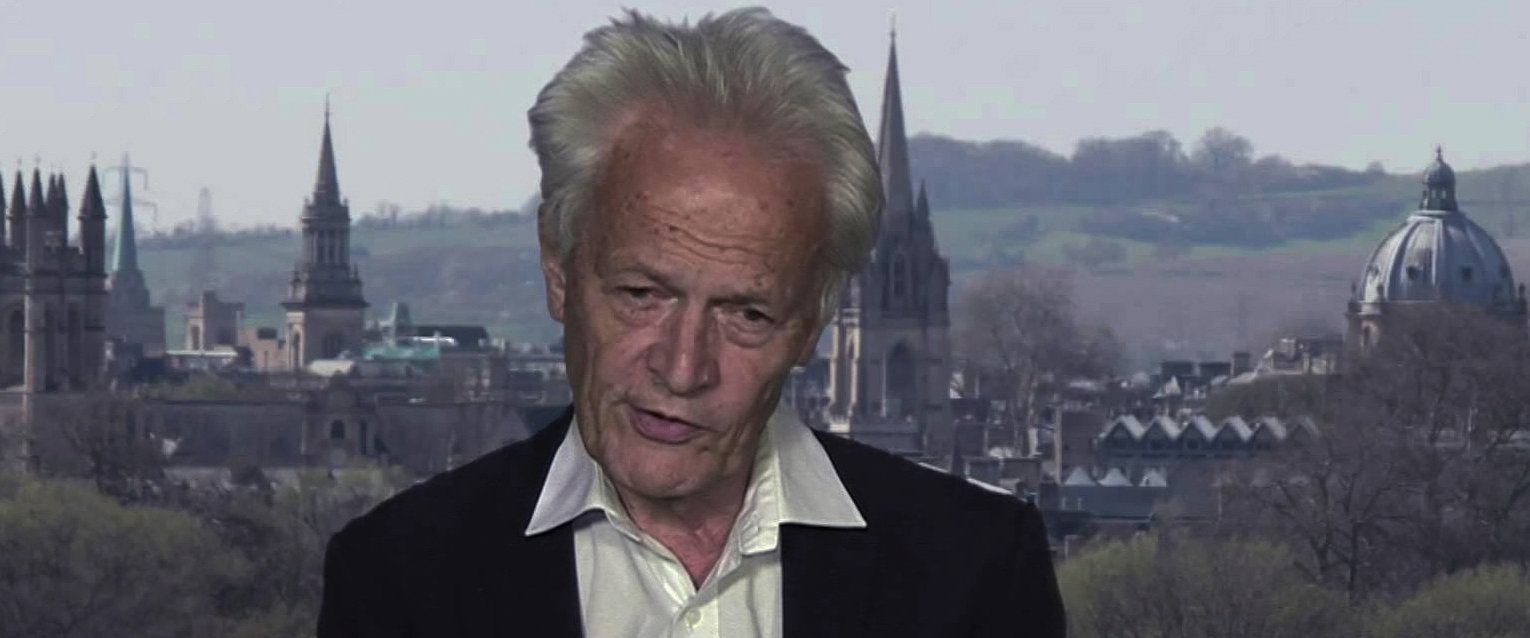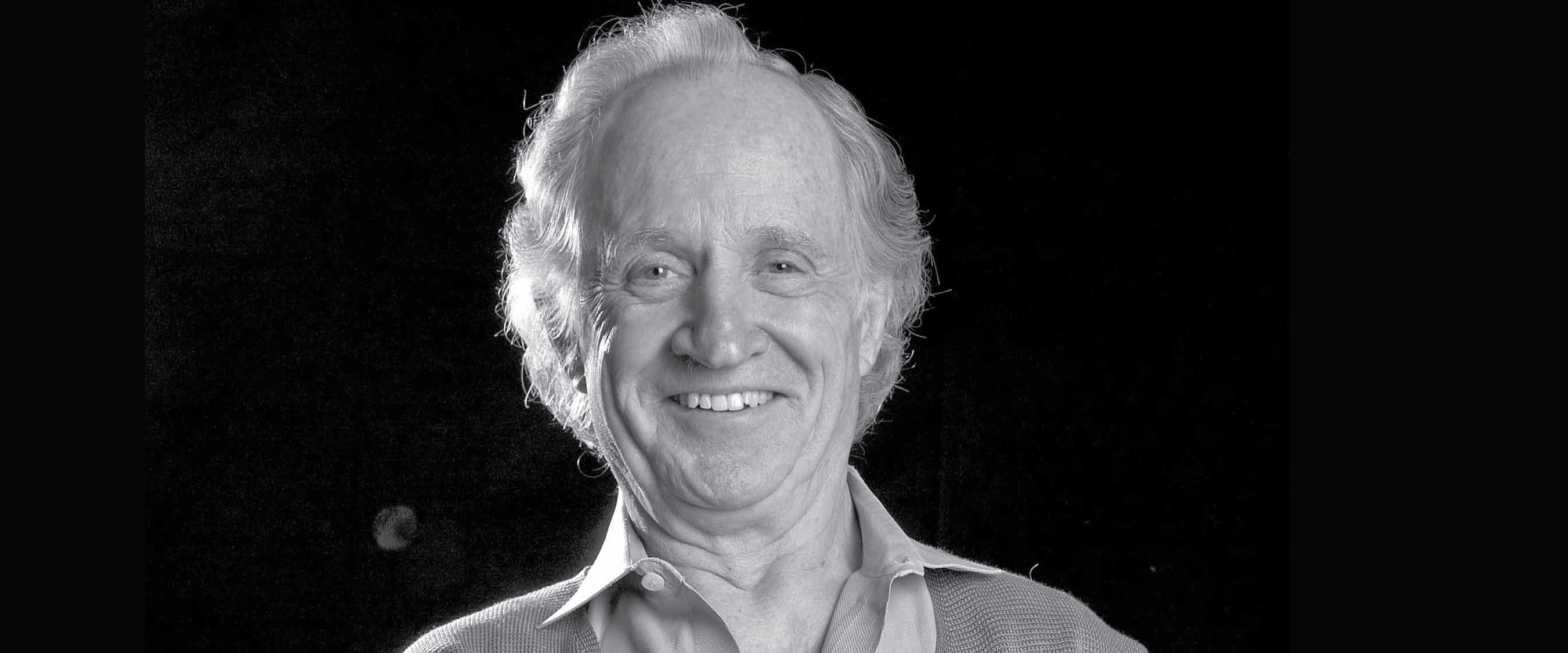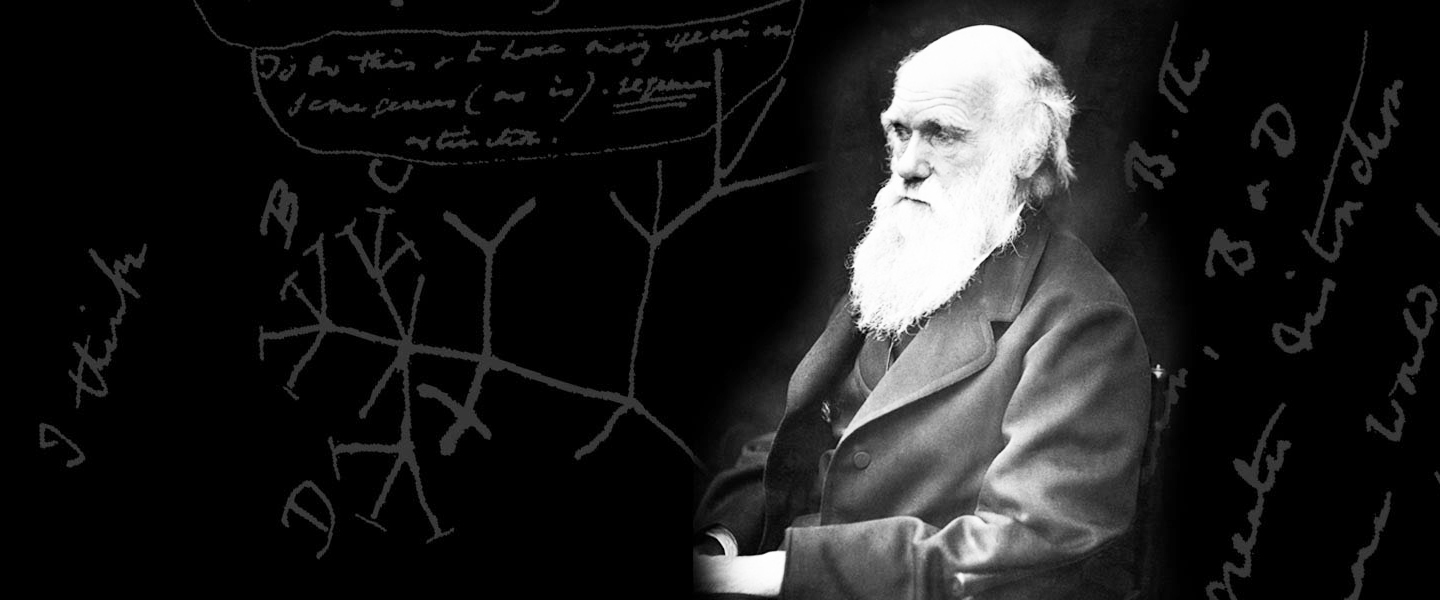G Musso, University of Genoa.
The last of four seminars on The Arab Spring has been given by Giorgio Musso, a political scientist at the University of Genova on 4th of December 2013, at 9.00 pm.
Giorgio Musso tackled the important dynamics of changes in the countries of the Middle East and North of Africa which experienced the popular uprisings now known as the ‘Arab Spring’. Specifically, he focused on the evolution of the initial events nearly three years after the first uprisings. Giorgio Musso’s analysis demonstrated that each country is undergoing a distinct course of events but that, this notwithstanding, several common themes can be identified and can define the unique, albeit diverse, historical process of the Arab Spring.
The defining slogan of the early Arab uprisings “Freedom, bread, social justice” did not include the term ‘democracy’. Liberal democracy, as understood in Western countries, doesn’t correspond to the Arabic idea of it ( “everybody accepts democracy, no one accepts our democracy”). The western world appears to perceive the elections in countries such as Egypt that have undergone major social and political turmoil for the best part of the last three year, as a way to reduce a widespread anti-American feeling present. Elections have been wrongly seen as the goal, the purpose while they should be thought as a mean. The origin of debates, contestations and competitions led to wider conflicts, both political and social, ending in civil wars, as in Syria and Libya. Moreover the main and opposed political players that “act” both at a national and regional level, seem unable to achieve supremacy one over the other and the current result of this process is one of unending conflict and political stalemate.
According to Giorgio Musso in the case of Egypt, three major forces are engaged in the current social and political dynamics s: the “Ancient Regime”, the revolutionary forces and Islamic organisations such as the Muslim Brotherhood which gradually emerged as the actual “winner” before the military intervention of the summer 2013. It is easy to conclude that the Arab Spring, in Egypt and elsewhere, failed to deliver the ‘freedom, bread and social justice’ that the early uprisings demanded. However, closer analysis clearly reveals that the societies in question have undergone a profound change in the attitude and awareness of ordinary people toward the inefficiencies, inequities and corruption of government and public administration. That’s why, G Musso concludes, we should look at the events of the Arab Spring with a long-term perspective, and we should not measure success or failure on a day to day basis.
